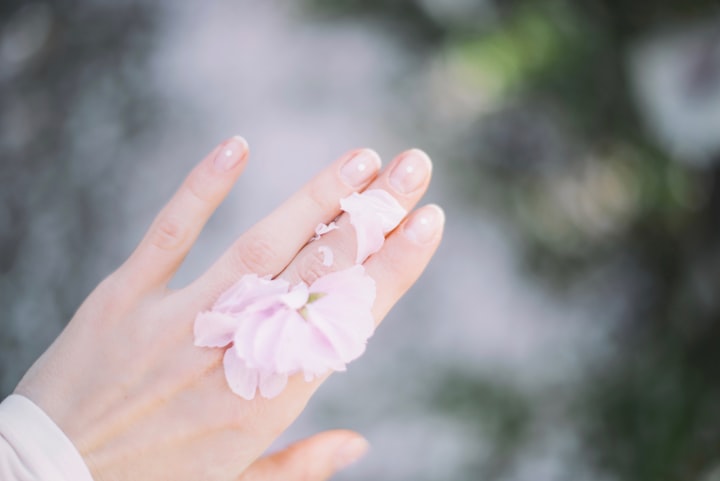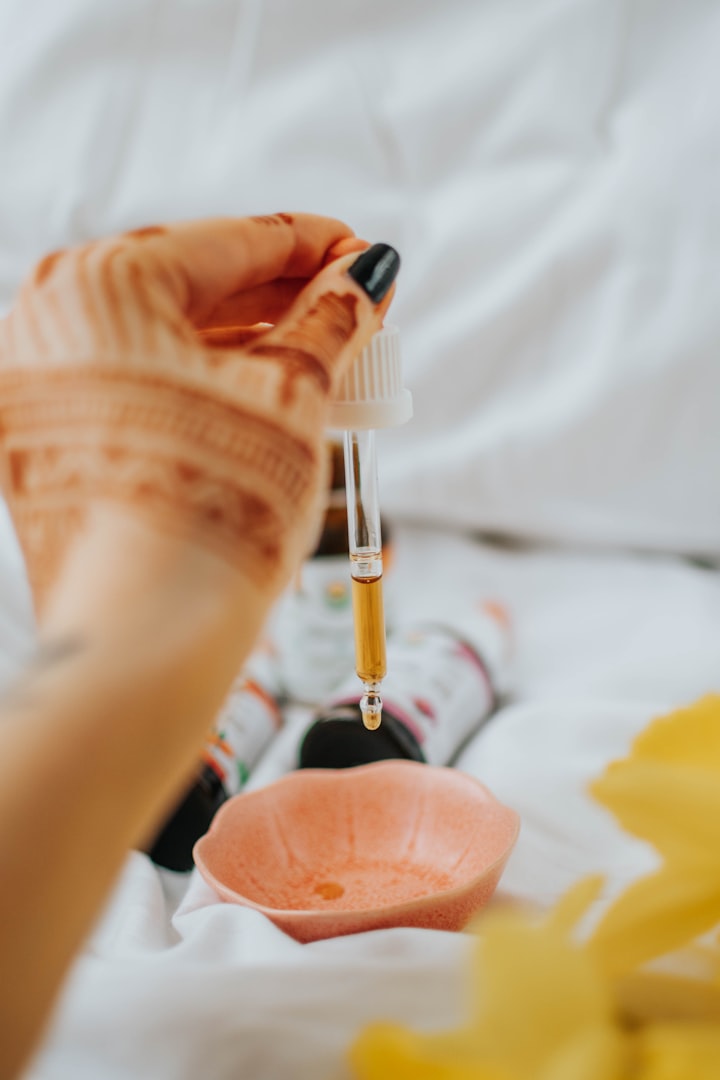
In the winter, the number of people suffering from itchy skin symptoms will skyrocket.
After a relaxing hot shower, suddenly feel more and more itchy body; just warmed up under the covers, but my legs and feet are itchy to sleep; or change into a new black sweater to go to an appointment, but suddenly itchy arms can not hold ......
These many people have experienced, we can not help but speculate: winter our skin is not covered "hot" itch?
If you want to say so, those who have suffered from frostbite in the winter will be the first to refute it.
Frostbite is an inflammation caused by exposure to cold and moisture that usually causes the fingers or toes to become red, itchy, or even blistered and ulcerated.

In the early stages of frostbite, the skin seems to thicken and harden and become insensitive, but the vague itching coming from inside is very scratchy. If you can't scratch it, it may even cause the condition to deteriorate further, which is more than can be said for the common "winter itch".
Frostbite (Chilblains)
Chilblains itch even when it's cold, and they itch even when it's hot. Does it seem like there is no universal treatment for the itch that strikes us from time to time in the winter?
That's not necessarily true.
The "winter itch" that we often experience and the painful itch caused by frostbite are two completely different mechanisms of action. We can always find the best way to deal with and prevent the problem on a case-by-case basis.
What is the biggest environmental difference between winter and other seasons? Many people will say that it is the temperature, but for sensitive human skin, there is a greater impact the air humidity.
If you are in a dry environment for a long time, the upper layer of human skin will continue to lose moisture. The resulting dry skin is the main cause of itchy skin for many people in the winter. Dry skin is more likely to crack further in a cold environment, thus accelerating moisture loss and causing a vicious cycle.
Not only is the weather outside cold and dry in winter, but the use of indoor heaters also causes a lot of moisture to evaporate, and sometimes the humidity of the air inside is even lower than that outside. So while you use hand cream to protect your skin outdoors, you should also pay attention to using a humidifier or moisturizer to maintain your skin's humidity when the heat is on indoors.
Another point that needs special attention is that it is not worthwhile to "hydrate" your skin by wetting it with water in winter. The evaporation of water vapor will not only take away the moisture of the skin itself, but the heat lost in the process may also lead to frostbite and cracking of the skin.
So washing your hands and face frequently doesn't make you moist and hydrated, it only makes you slowly crack ......
In addition to environmental external causes of dry skin, there are also internal factors.
The mammalian epidermis is a very important layer of protective barrier, both waterproof and water-locked, and can also resist most bacterial invasion. It is also an important barrier for the body to maintain internal moisture balance, as well as the ecological health of the skin.
The water in the stratum corneum of the human epidermis protects our skin. Once the water content of the stratum corneum falls below 10%, skin problems such as dryness, itching and cracking will occur.
In contrast, under normal conditions, the sebaceous glands beneath the epidermis secrete a constant flow of oil. The non-volatile oil assists in locking in moisture as well as helping to ward off most bacterial invasions.
In the summer when the temperature is high and the skin sweats and produces a lot of oil, the smell of sweat and oil is a major nuisance in our lives. This is when we can remove sweat and oil by showering more often, using alkaline soap, and washing clothes in hot water.
However, in winter, when the temperature is low, the sebaceous glands are almost hibernating in daily life, and the oil secreted in small amounts becomes a "scarce resource". In this case, if you take a long bath with hot water and use strong alkaline soap to remove oil, it will destroy the water locking and protective ability of the skin surface.
Therefore, if there have been more obvious "winter itch" symptoms, you must pay attention to controlling the frequency, length, and water temperature of the bath, and avoid using alkaline soap or detergent. If not, as long as the body does not smell empty for a few days without a bathing try. Guaranteed "oil to get rid of the disease".
In fact, in the colder and drier north, a winter bath every few days is a very normal thing; but in the relatively warm and humid south, a little exercise still easy to sweat and oil, so many southerners even in the winter also maintain the habit of at least one bath a day.
After controlling the bathing precautions, you also need to pay attention to the issue of intimate clothing and bedding.
In the end, many skin problems are caused by microorganisms and bacteria. Over-cleaned oil and dry and cracked skin are equivalent to opening a gap to the invaders, if coupled with the bedding not clean enough, that a nest inside thousands of little guys did not start to infest the skin.
Regularly changing and drying the comforter and maintaining indoor hygiene can also be very effective in avoiding itchy skin problems.
In addition, wool and synthetic fiber clothing are also prone to skin reactions that lead to itching. If you already have obvious winter itch symptoms, it is still recommended to change to cotton or natural material clothing. Otherwise, it is easy to itch to lose all your poise when you go out, and that's not good.
All in all, there may be many factors that cause mild itchy skin in winter, but the symptom itself is not a big problem - as long as you can resist scratching.
However, if you find that large red patches or other abnormalities have appeared on your skin, it is most likely that subconscious scratching or excessive dryness has led to problems such as secondary bacterial infections.
To prevent it from developing further into a difficult chronic skin condition, you should seek medical advice promptly and not think that it will naturally get better when winter passes.
As for the frostbite mentioned earlier, its cause is much simpler: it is a lesion that occurs when the body surface is injured by low temperatures and local blood circulation is impaired. Simply put, it is frostbite, and generally requires insulation and protection of the affected area for a week or two to slowly recover.
There is also a common misconception about frostbite that needs to be noted: the affected area is damaged capillaries causing circulation problems, so it needs to be insulated while avoiding extreme temperature changes.
In other words, if you dip the cold affected area directly into hot water, you will aggravate the injury.
Back to the topic of winter itch. Itch and pain are two very similar sensory experiences, just as each person's ability to tolerate pain varies, so does the degree of "itch" felt by different people.
This is the first time I've ever seen a woman with a newborn son, and I've never seen a woman with a newborn son. Feelings ......
This is a bold, and dangerous AQ treatment itch method. We do not advocate this kind of operation for a long time for people with the normal constitutions, compared to another answer with the air of Versailles being much more reliable: "My family is afraid of itching.
"My family is so itchy that we all go together every year to spend the winter in super humid environments like New Orleans, Houston, Bangkok, Hong Kong, or Manila."
About the Creator
Miley
Wherethereisawill,thereisaway.






Comments
There are no comments for this story
Be the first to respond and start the conversation.